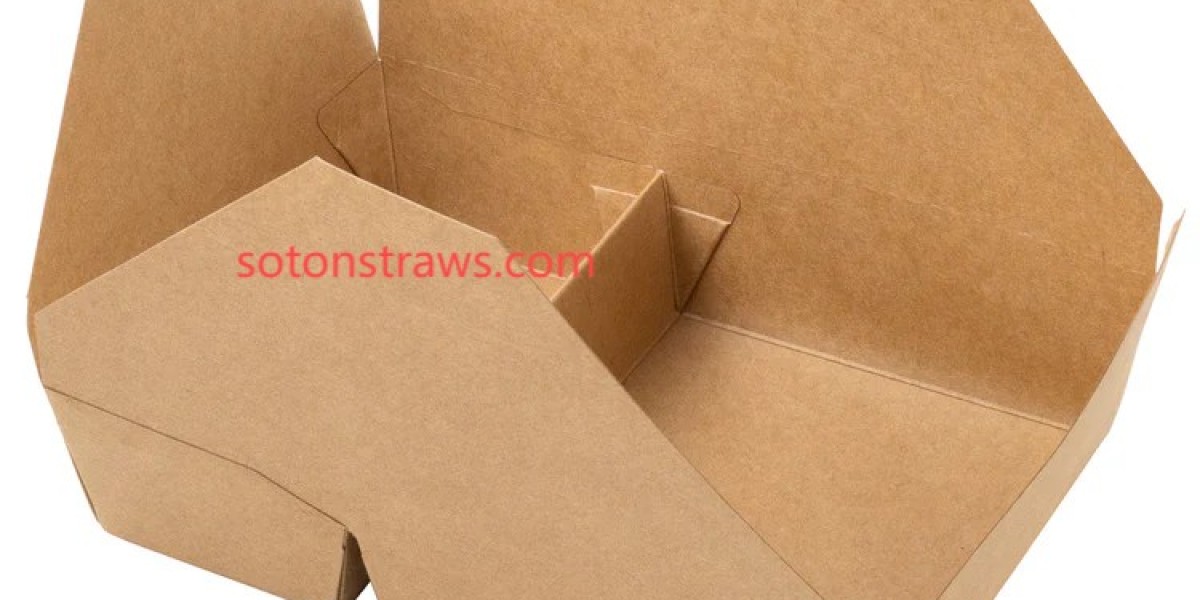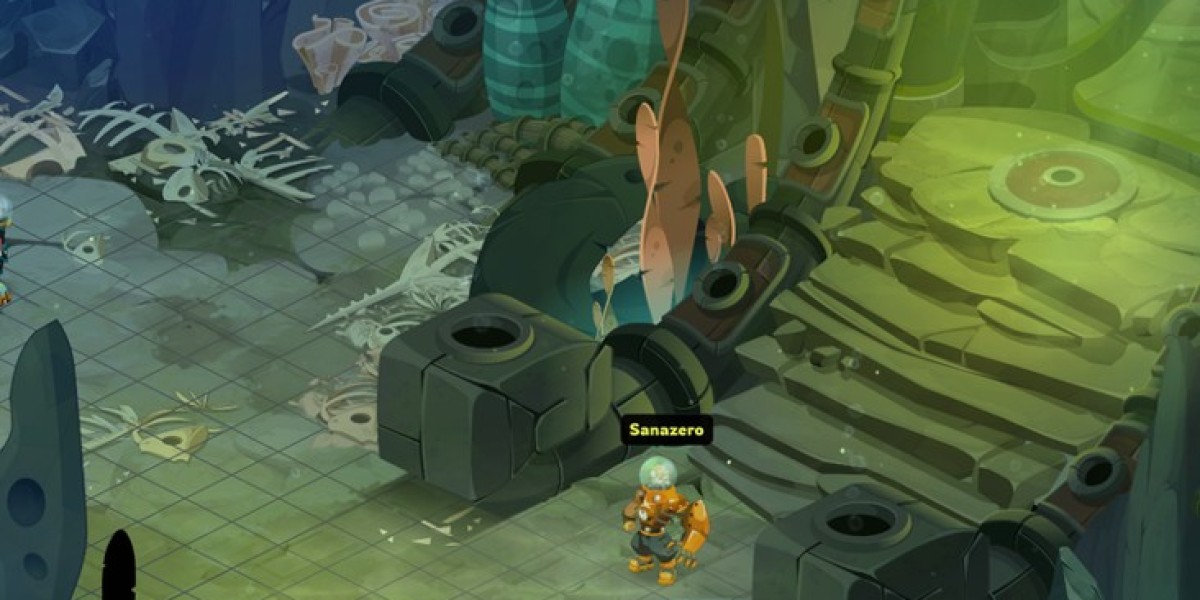As global environmental regulations tighten and consumer demand for sustainable practices grows, disposable kraft box Manufacturer innovators are redefining packaging solutions for the foodservice industry. By prioritizing biodegradable materials and circular production models, these pioneers enable restaurants and delivery brands to reduce plastic dependency while aligning with international sustainability goals—a transformation reshaping how the hospitality sector approaches waste and resource efficiency.
Disposable kraft boxes, crafted from renewable plant fibers and agricultural byproducts like sugarcane bagasse, offer a robust alternative to traditional plastic containers. Their natural composition ensures rapid biodegradation, minimizing landfill burden and microplastic pollution . Advanced manufacturing techniques now integrate water-resistant coatings derived from plant-based waxes, eliminating toxic PFAS chemicals while maintaining structural integrity for hot soups or oily foods—a critical advantage as cities worldwide enforce single-use plastic bans .
Customization drives brand differentiation. Disposable kraft box Manufacturer leaders provide tailored printing services using soy-based inks, allowing brands to imprint logos or eco-messaging directly onto packaging. Embossed textures and modular designs cater to diverse culinary needs, from compartmentalized meal trays to octagonal salad bowls, merging functionality with aesthetic appeal . This versatility helps businesses position sustainability as a core identity rather than a compliance checkbox, resonating with eco-conscious patrons.
Circular economy principles further amplify kraft’s value. Post-consumer boxes are repurposed into biodegradable filler materials or community art projects through initiatives, fostering consumer engagement while diverting waste from landfills . Closed-loop systems also empower coastal communities through reed-harvesting partnerships, linking packaging production to wetland restoration and rural economic growth—a model validated by UN Sustainable Development Goals .
Transparency remains pivotal. Blockchain-enabled traceability systems allow diners to scan QR codes and verify a box’s lifecycle, from responsibly managed forests to industrial composting facilities. This builds trust in an era of greenwashing skepticism while complying with EU directives like the Circular Economy Action Plan .
click sotonstraws.com to reading more information



